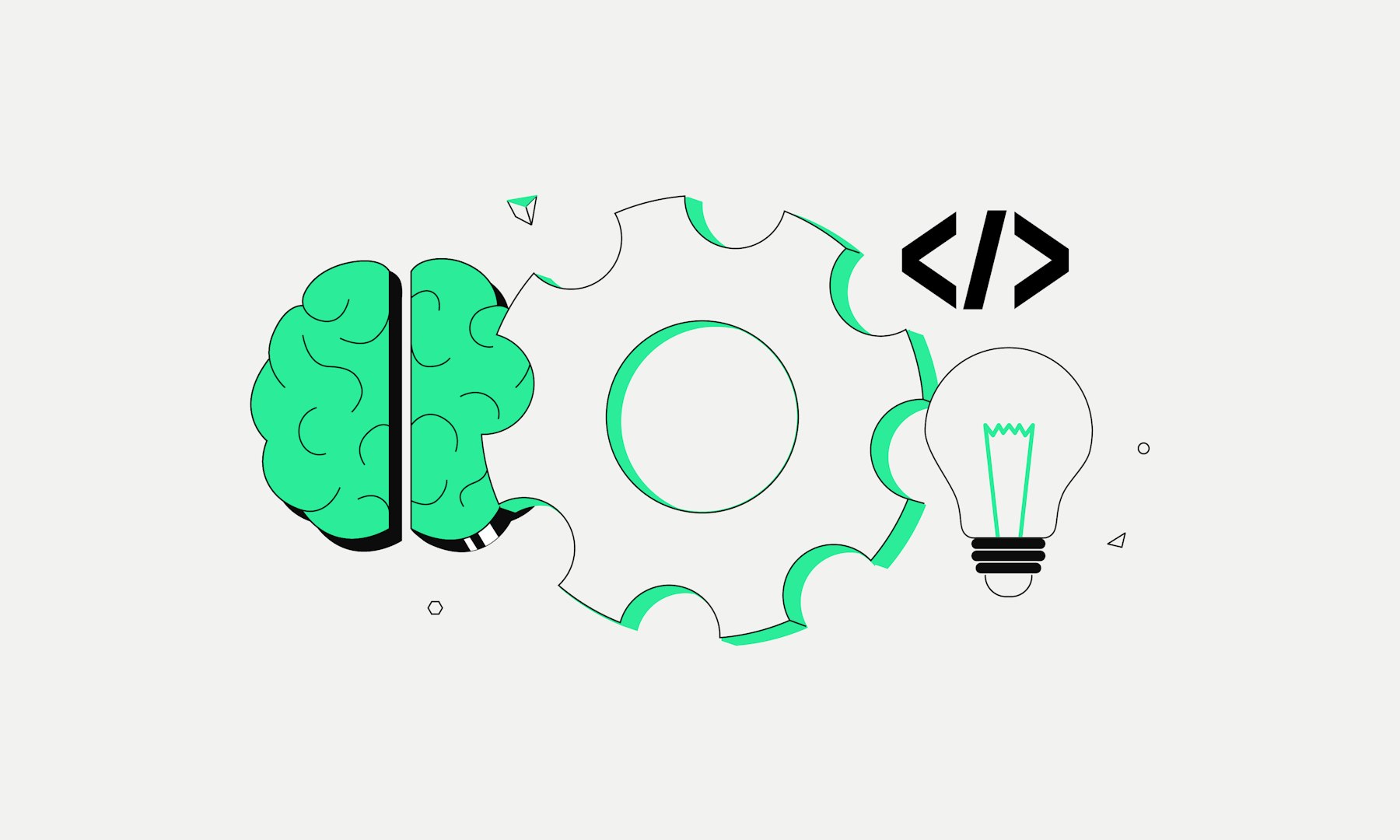The significance of algorithms in handling personal data
Algorithms play a central role in managing personal data and influence many aspects of our daily lives. In the digital era, where vast amounts of data are generated and processed, algorithms enable the efficient analysis and use of this information. They can identify patterns and trends that would be nearly invisible to human analysts.
Significant areas of application include:
AdvertisingAlgorithms analyse users’ online behaviour, such as search engine queries, visited websites, and clicks on adverts. Based on this data, they create profiles and deliver targeted advertisements tailored to individual users’ interests and preferences. This increases the relevance of advertising and can significantly improve the effectiveness of marketing campaigns.
Social mediaIn social media, algorithms determine which content appears in users' feeds based on their interactions and interests. By analysing likes, comments, and shared posts, these algorithms personalise the user experience by prioritising relevant and engaging content.
HealthcareIn healthcare, algorithms help analyse patient data to provide personalised treatment recommendations or identify potential health risks early. By processing large volumes of medical data, they contribute to improving diagnosis and patient care.
However, the use of algorithms in handling personal data also raises challenges and concerns. Privacy and data protection are key issues, as extensive data analysis can expose sensitive information. There is a risk of data being misused or shared without authorisation. For this reason, it is essential that the use of algorithms is transparent and regulated to ensure the protection of individuals' privacy.
Frequently asked questions about algorithms
Here you’ll find answers to the most common questions about algorithms:
What is the difference between an algorithm and a program?
Algorithms are theoretical concepts, while programs are their practical implementation in a specific language.
An algorithm is a step-by-step guide to solving a problem, whereas a program is the implemented version of that algorithm, written in a programming language. A program executes the instructions of an algorithm and delivers a result.
Where are algorithms used?
Algorithms are used in many fields, including:
Search engines like Google, which deliver relevant search results
The financial sector, where they analyse stock prices
Cryptography, where they are essential for encrypting data
Blockchain technology, where they serve as consensus mechanisms or consensus algorithms, enabling secure and efficient transactions
What is the simplest algorithm?
The simplest algorithm is the "Hello World" algorithm, which simply outputs the text "Hello World" and is often used to learn a new programming language. Another simple algorithm is the "Euclidean algorithm," used to find the greatest common divisor of two numbers. These basic algorithms illustrate how simple steps can lead to a defined result.
Further topics about cryptocurrencies
Did you enjoy this article on algorithms and now want to learn more about consensus mechanisms in blockchain technology and the world of cryptocurrencies? Visit our Bitpanda Academy, where you’ll find a range of articles and videos covering various topics in the crypto and finance industries:
